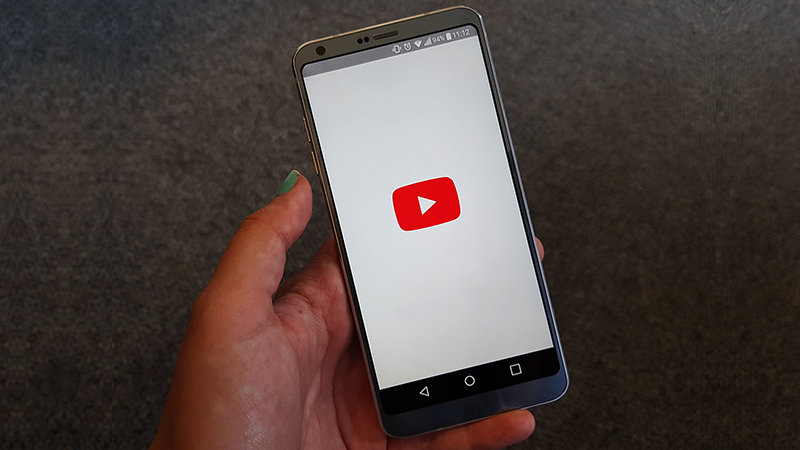South Africa’s retail forex industry is entering a decisive phase as regulation tightens and consolidation accelerates. What does it mean for brokers and traders?
YouTube CEO offers vague plans for 2018

After a tumultuous 2017, YouTube CEO Susan Wojcicki has published a blog post highlighting the company’s five priorities for 2018 — but the post is littered with vague promises that don’t tie the company down to tangible policy changes.
The first priority, Wojcicki writes, is “transparency and communication”. YouTube was met with criticism last year for its silence over issues like unexplained demonetisation and “Elsagate”, which saw apparent kids videos depict violent imagery like suicides and self-harm.
YouTube CEO Susan Wojcicki has offered up vague promises for 2018
To fix it? YouTube will be doing much of the same. Wojcicki says that, along with blog posts, the company will use the Twitter accounts already communicating with creators (@YTCreators and @TeamYouTube) to continue communicating with creators.
So far, @YTCreators has been responding to creators with fluffy encouragement. @TeamYouTube is helping troubleshoot technical problems.
Next on the priority list is “supporting [creators’] success” — i.e. paying them. Wojcicki says that YouTube was working on a “more accurate solution” to combat unwarranted demonetisation, one that included “more human review of content”.
The CEO does not supply a deadline for this change, and merely writes that “the total number of people across YouTube and Google working to address content that might violate our policies [will be brought] to over 10 000”. Google — a famously large company — deals with plenty of policy violations, and including its employees clouds YouTube’s goals as its own platform.
Wojcicki does write, however, that it will be bringing the platform’s paid tier, YouTube Red, to new markets this year, potentially including South Africa.
The algorithm that has enabled unwarranted monetisation will not be changed, but more humans will check on it
The third priority focusses on the possibility for higher creator-audience engagement. The fourth is about enforcing policies.
Wojcicki reiterates the use of both human review and machine-learning technology when it comes to policing the platform — something the company has talked about for a while. She does not mention improvements to the algorithms that have stifled creators’ incomes.
To round it off, Wojcicki subtweets Logan Paul by mentioning a hypothetical creator who “does something egregious that causes significant harm to [the] community as a whole”. The CEO writes that YouTube wants to “make sure [it has] policies in place that allow [it] to respond appropriately”.
Again, YouTube keeps it vague, offering no timeline or further elaboration.
The final priority? A safe promise to invest in education, which includes “working with educational creators to bring more of their content to the platform”.
YouTube says no more Logan Pauls
On its surface, Susan Wojcicki’s calls for transparency and policy changes are exciting for a platform that has been disappointing its creators for years. But the promise of change is still shallow and YouTubers have heard it all before.
Susan Wojcicki and her team have a lot of trust they have yet to earn back.

